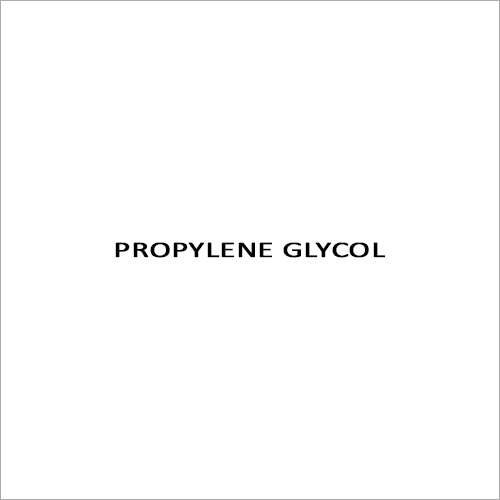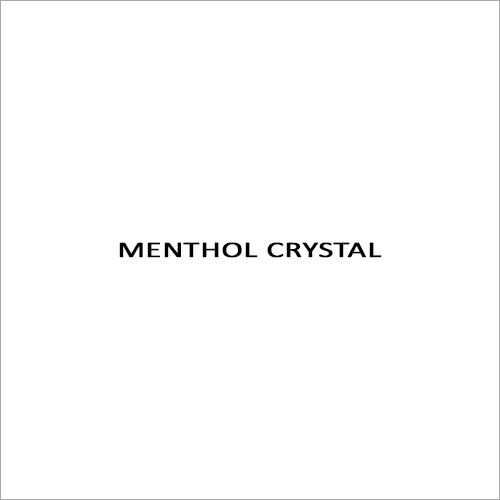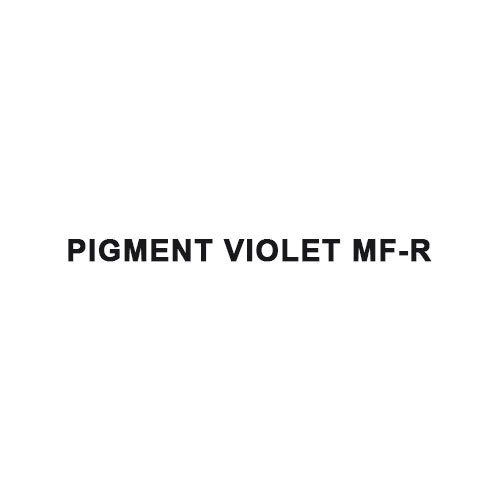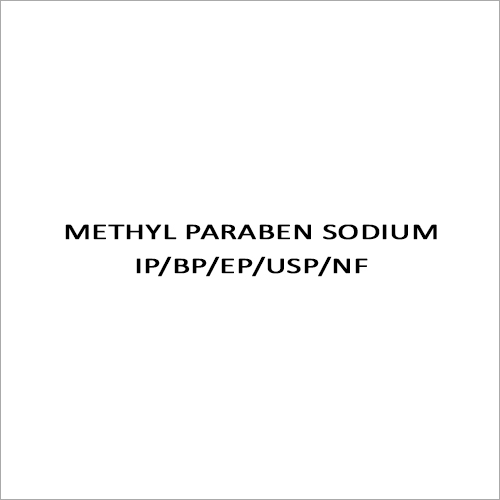Call Us Now :-08045478346

Propylene Glycol
Product Details:
X
Product Description
Propylene glycol is a chemical compound with the molecular formula C3H8O2. It is a clear, colorless, odorless, and slightly viscous liquid that is miscible with water, meaning it can easily mix with water. Propylene glycol is also known by its other names, including 1,2-propanediol, 1,2-dihydroxypropane, methyl glycol, and trimethyl glycol.
Properties and Uses:
1. Humectant: Propylene glycol is commonly used as a humectant in various products, including cosmetics, skin creams, lotions, and personal care products. It helps retain moisture and prevents the drying out of products and skin.
2. Food and Beverage Industry: In the food and beverage industry, propylene glycol is used as a food additive and is generally recognized as safe (GRAS) by the U.S. Food and Drug Administration (FDA). It can be found in a variety of processed foods, beverages, and food colorings.
3. Pharmaceutical Applications: Propylene glycol is used in some pharmaceutical products as a solvent for oral, injectable, and topical medications.
4. Antifreeze and Coolants: Propylene glycol is also used as an antifreeze agent in certain applications, such as in the automotive industry and in heating and cooling systems. It has a lower toxicity compared to ethylene glycol, another commonly used antifreeze agent.
5. E-liquids: In the context of vaping and e-cigarettes, propylene glycol is used as a carrier for flavorings and nicotine in e-liquids.
Safety Considerations:
Propylene glycol is generally considered safe for use in various consumer products and food items when used in appropriate concentrations. However, some individuals may experience skin irritation or allergies to this compound. It is always essential to follow the recommended usage levels and guidelines provided by regulatory agencies.
It is important to note that while propylene glycol is less toxic than ethylene glycol, it is not entirely safe for consumption in large quantities. Ingesting high amounts of propylene glycol may cause health issues, and it is not meant for direct consumption as a pure substance.
Overall, propylene glycol is a versatile chemical with various industrial and consumer applications, and its safe use depends on following appropriate guidelines and regulations. As with any chemical, proper handling and usage are crucial to ensure safety.
FAQ:
Q. What is propylene glycol?
Ans: Propylene glycol is a chemical compound with the molecular formula C3H8O2. It is a colorless, odorless, and slightly viscous liquid that is commonly used in various consumer products, pharmaceuticals, food, and industrial applications.
Q. What is propylene glycol used for?
Ans: Propylene glycol has many uses, including:
- Humectant in cosmetics and personal care products to retain moisture.
- Food additive in processed foods and beverages.
- Solvent in pharmaceuticals for oral, injectable, and topical medications.
- Antifreeze agent in automotive and heating/cooling systems.
- Carrier for flavorings and nicotine in e-liquids for vaping.
Q. Is propylene glycol safe?
Ans: Propylene glycol is generally considered safe for its intended uses when used in appropriate concentrations. It is approved for use in food and pharmaceutical products by regulatory agencies like the FDA. However, some individuals may experience skin irritation or allergies to this compound.
Q. Is propylene glycol the same as ethylene glycol?
Ans: No, propylene glycol and ethylene glycol are two different chemicals. While they have similar-sounding names, they have different molecular structures and properties. Propylene glycol is less toxic than ethylene glycol and is commonly used in food and consumer products, while ethylene glycol is primarily used as an antifreeze agent in industrial applications and can be highly toxic if ingested.
Q. Can propylene glycol be ingested?
Ans: Propylene glycol is generally recognized as safe (GRAS) for consumption in food and beverages at appropriate levels. However, it should not be consumed in large quantities or used as a substitute for regular food and drink.
Q. Does propylene glycol cause allergies?
Ans: Some individuals may experience skin irritation or allergic reactions to propylene glycol. If you suspect an allergic reaction, discontinue use and consult a healthcare professional.
Q. Can propylene glycol be harmful when inhaled, such as in vaping?
Ans: The inhalation of propylene glycol in e-cigarettes and vaping products has raised some concerns. While it is generally regarded as safe for use in cosmetics and food, inhaling propylene glycol when heated and vaporized can potentially lead to respiratory irritation. Vaping products, in general, have their own set of health risks, and it is crucial to follow safety guidelines and consult health experts for accurate information.
Q. Is propylene glycol environmentally friendly?
Ans: Propylene glycol is considered to have relatively low toxicity and is readily biodegradable, making it a preferred alternative to more toxic chemicals in certain applications. However, it is essential to handle and dispose of it responsibly to minimize environmental impact.
Q. Can I use propylene glycol to make DIY products at home?
Ans: While propylene glycol is used in various consumer products, using it in DIY products requires careful consideration and understanding of its properties and potential risks. Always follow proper guidelines and safety precautions when handling and using chemicals at home.
Versatile Industrial Applications
Propylene Glycol's versatility makes it a preferred solvent and additive across numerous sectors. Its use as an antifreeze, humectant, and preservative in pharmaceuticals, cosmetics, food products, and laboratory research highlights its broad functionality. The compound's stable liquid form and high purity ensure consistent results for industrial, laboratory, and food-grade applications.
Safety and Storage Guidelines
Classified as non-hazardous according to GHS regulations, Propylene Glycol is safe to handle and store. For optimal shelf life and performance, it should be kept in a cool, dry, well-ventilated location and away from direct sunlight. Its excellent chemical stability, coupled with non-poisonous characteristics, helps maintain quality over two years.
Compatible and Environmentally Responsible
Propylene Glycol demonstrates complete miscibility with water and strong compatibility with organic solvents. Its zero VOC emissions and ready biodegradability make it an ecologically sound choice for manufacturers and traders looking for sustainable solutions without compromising efficiency.
FAQ's of Propylene Glycol:
Q: How should Propylene Glycol be stored to preserve its quality?
A: Propylene Glycol must be stored in a cool, dry, and well-ventilated area, away from direct sunlight and moisture, to maintain its stability and two-year shelf life. HDPE drums, IBCs, or containers designed for chemical storage are recommended.Q: What are the main uses of Propylene Glycol in industry and daily products?
A: Propylene Glycol is extensively used as a solvent, antifreeze, humectant, and preservative in pharmaceuticals, food additives, cosmetics, laboratory chemicals, and e-liquids due to its high purity and compatibility.Q: When is Propylene Glycol considered safe for handling and transport?
A: Propylene Glycol is classified as non-hazardous by GHS, is not regulated under any UN number, and is non-poisonous. It can be handled and transported easily by exporters and suppliers without special hazardous material precautions.Q: Where is Propylene Glycol commonly applied in manufacturing or formulation processes?
A: Propylene Glycol finds frequent application in manufacturing processes involving pharmaceuticals, food additives, cosmetic products, and industrial antifreeze solutions thanks to its non-toxic nature and miscibility.Q: What benefits does Propylene Glycol offer regarding environmental impact?
A: Propylene Glycol features zero VOC content and is readily biodegradable, making it an environmentally responsible choice for manufacturers seeking sustainability and regulatory compliance.Q: How is Propylene Glycol typically packaged and supplied?
A: Propylene Glycol is supplied in 215 kg HDPE drums, 250 kg drums, or 1100 kg IBCs, ensuring safe and efficient bulk handling for industrial, laboratory, and commercial use.Tell us about your requirement

Price:
Quantity
Select Unit
- 50
- 100
- 200
- 250
- 500
- 1000+
Additional detail
Mobile number
Email
 English
English Spanish
Spanish French
French German
German Italian
Italian Chinese (Simplified)
Chinese (Simplified) Japanese
Japanese Korean
Korean Arabic
Arabic Portuguese
Portuguese






